Understanding sequence Worksheets for Ages 5-8
9 filtered results
-
From - To
Enhance your child’s critical thinking and organization skills with our "Understanding Sequence Worksheets for Ages 5-8". These engaging and educational worksheets are designed to help young learners grasp the concept of sequences and order. By arranging images and events logically, children develop essential skills such as pattern recognition, storytelling, and logical thinking. Ideal for both home and classroom use, our worksheets offer a fun, interactive learning experience that keeps kids motivated and excited. Foster your child's cognitive development and support their learning journey with these expertly crafted sequence worksheets.
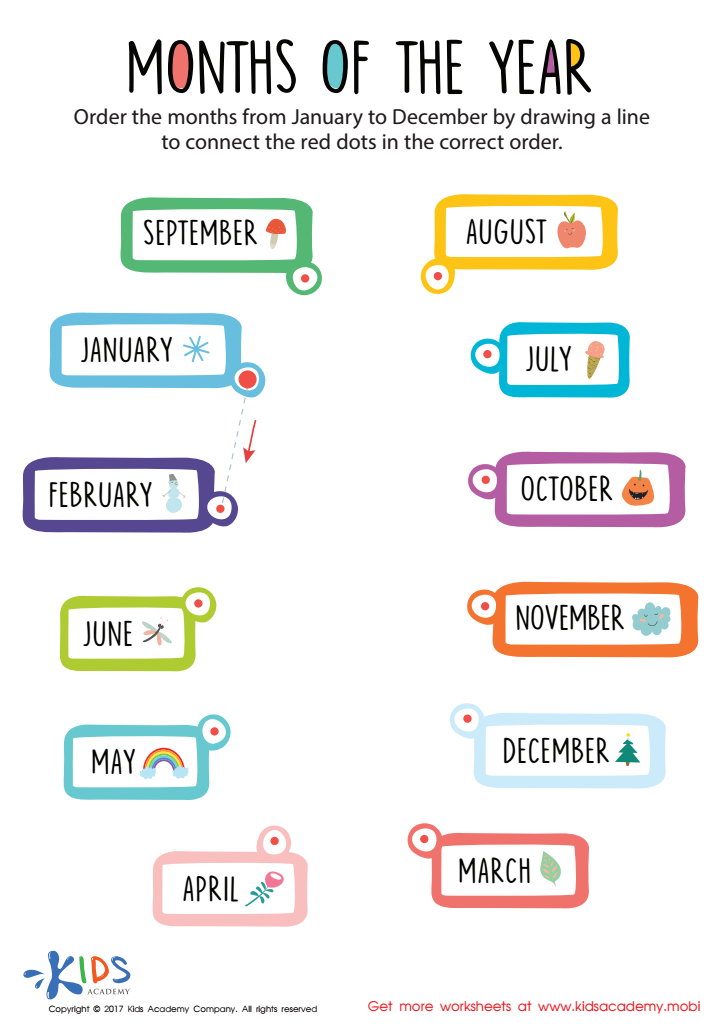

Months of the Year Worksheet
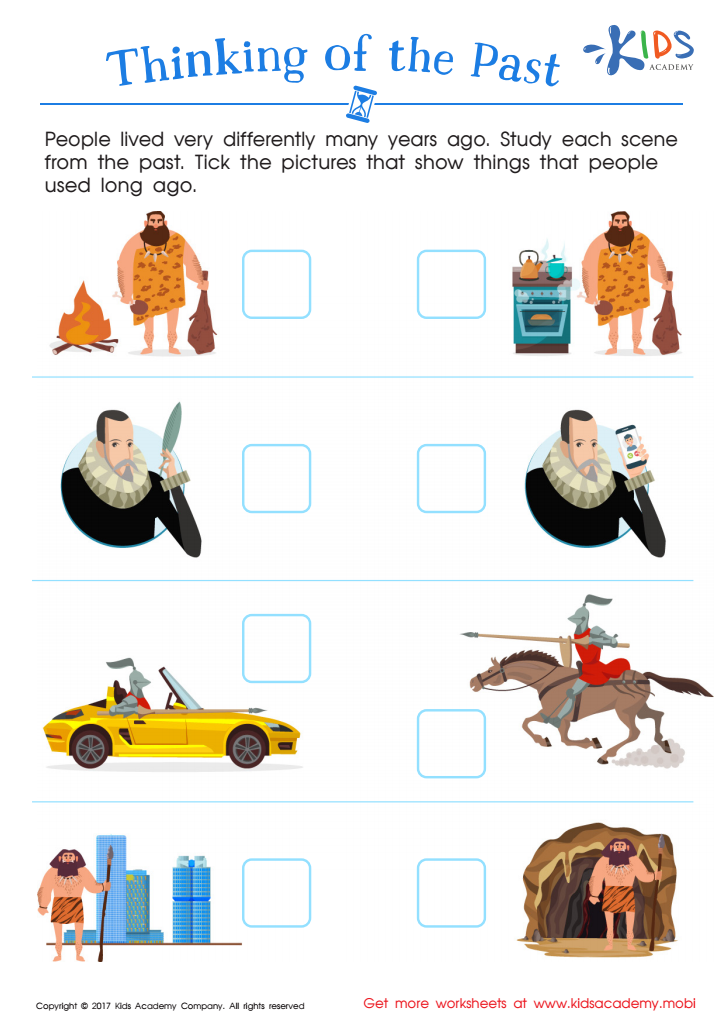

Thinking Past Printable
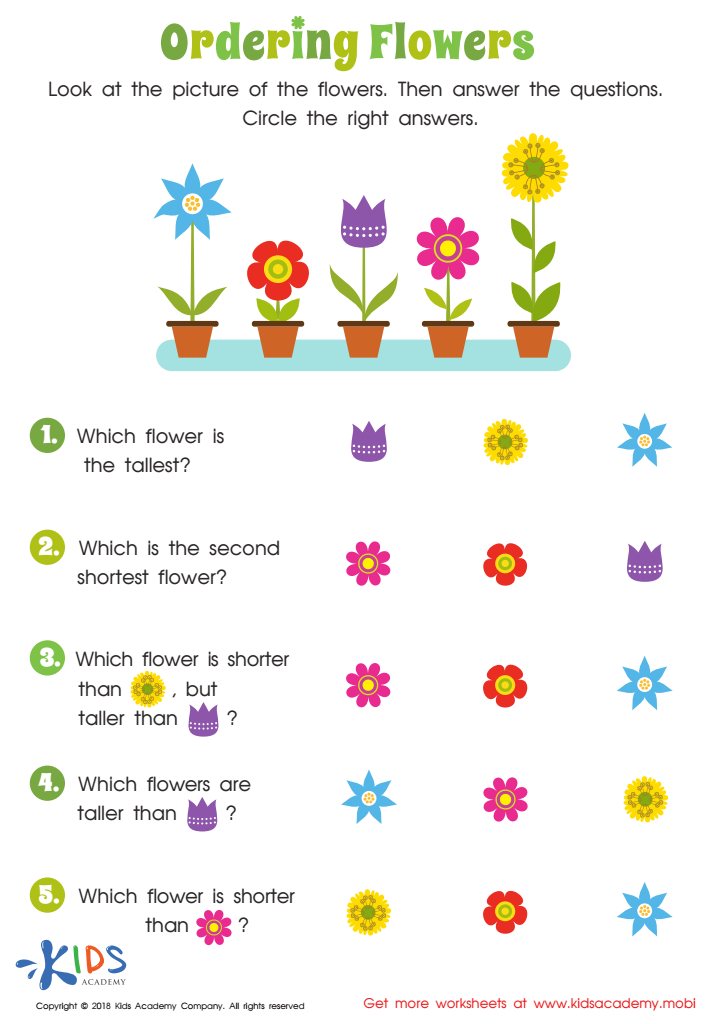

Ordering Flowers Worksheet
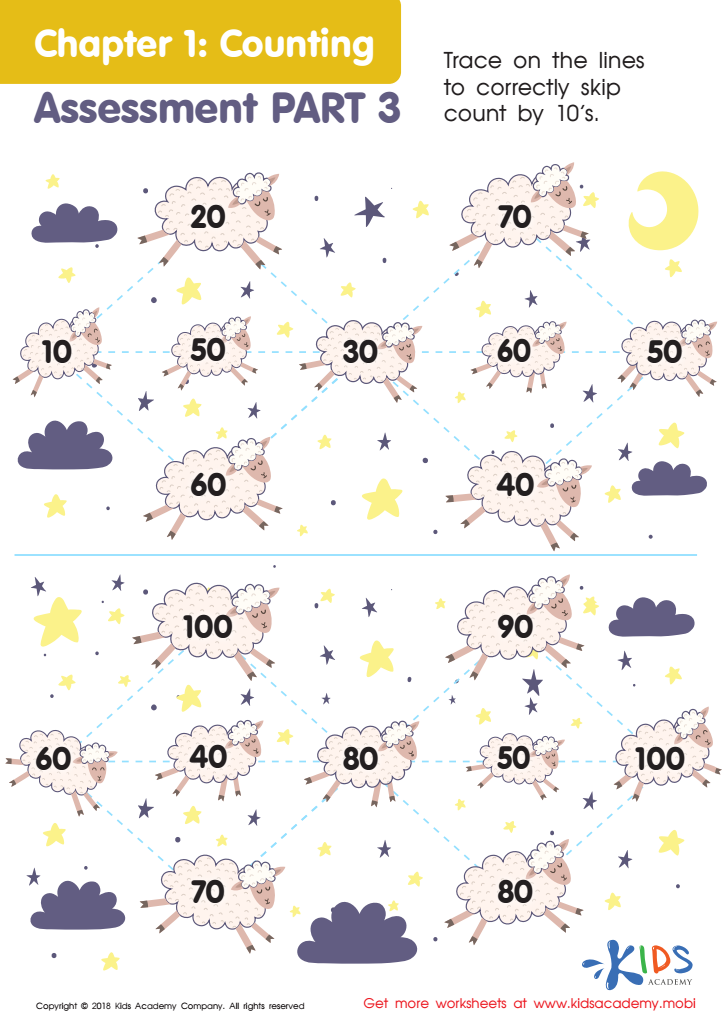

Counting: Assessment 3 Worksheet
Understanding sequence is a foundational skill for children ages 5-8, which significantly impacts their cognitive development, academic performance, and daily functioning. At this age, sequencing skills enable kids to comprehend the order of events, follow instructions, and organize their thoughts. For instance, in literacy, understanding the sequence of events in a story aids in better comprehension and retention, fostering a love for reading and improved language skills.
Sequencing is equally critical in mathematics, where understanding the order of numbers and operations is fundamental. It also has broader applications, like in scientific observation or historical timelines, building a framework for future, more complex subjects.
Beyond academics, sequence understanding impacts daily routines and life skills. Children learn to follow multi-step instructions, like brushing their teeth or tying their shoes, enhancing their independence and self-confidence. They also develop problem-solving skills and the ability to predict outcomes, which helps in decision-making processes.
For teachers and parents, nurturing sequencing skills can be done through engaging storytelling, structured activities, and interactive games, making learning enjoyable. Thus, investing time in developing a child’s ability to understand sequence lays a balanced foundation for academic success and practical life skills, emphasizing its crucial role in early childhood education.

 Assign to My Students
Assign to My Students

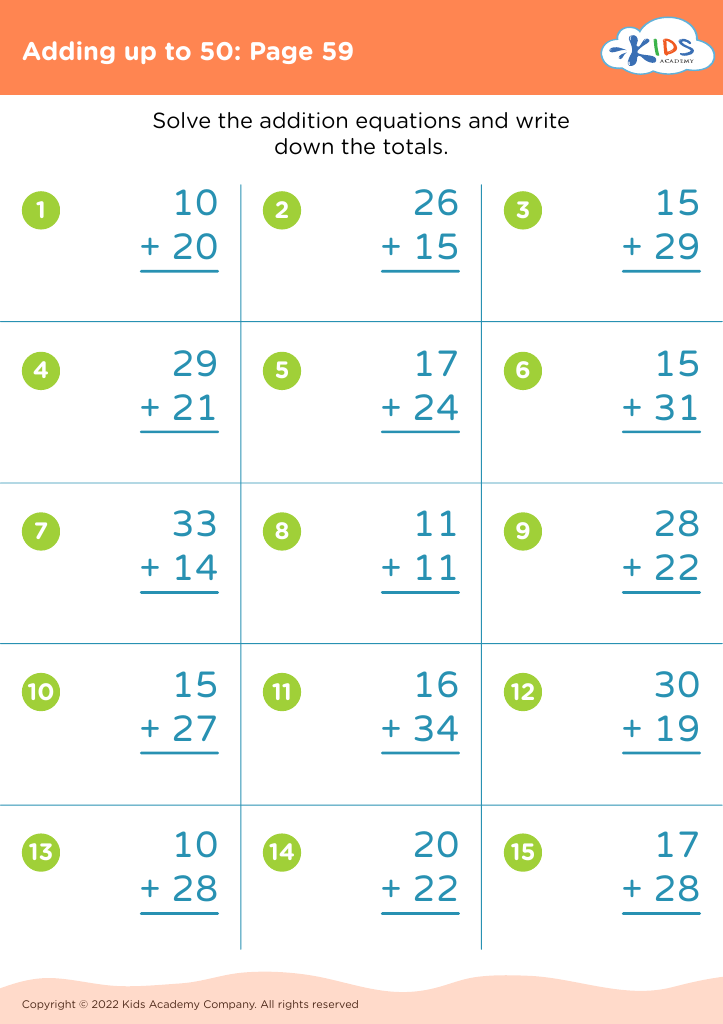





.jpg)




.jpg)








